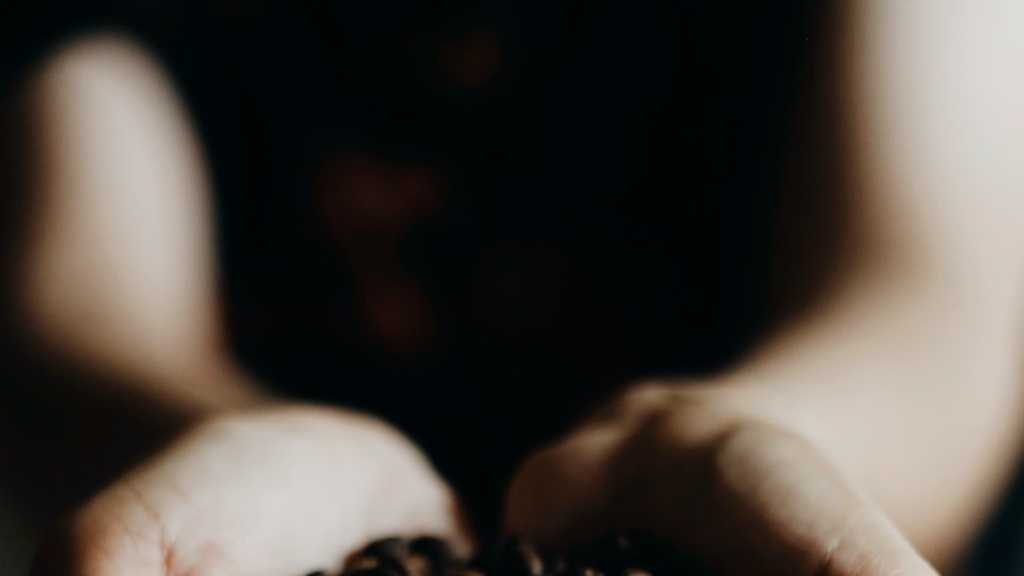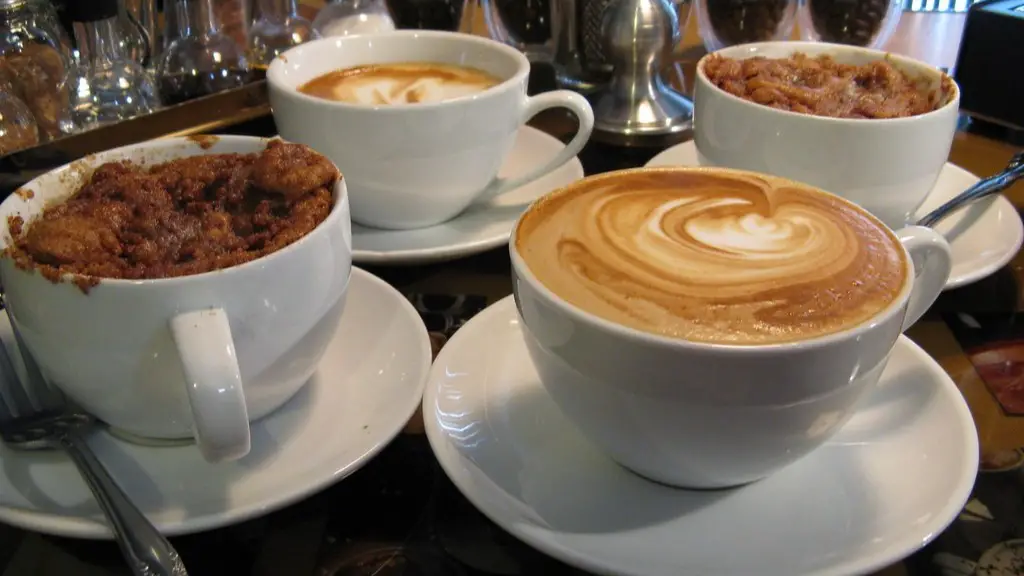Coffee is a popular beverage around the world. Many individuals enjoy its stimulating effects. However, some people are advised to limit the amount of coffee they drink before an electrocardiogram (ECG) test. This test is used to diagnose various heart problems. Therefore, it is important to assess the effects of caffeine before undergoing an ECG.
ECG examinations depend on accurate heart tracing. Caffeine, which can be found in coffee, tea and even chocolate, can affect heart rate. As a result, too much caffeine can interfere with the accuracy of the test results. Therefore, it is important to limit the intake of caffeinated beverages to optimize the ECG results.
To be safe, people should not take caffeine 12-24 hours prior to taking the test. As caffeine stays in the system for 4-6 hours, one should refrain from drinking coffee in the morning of the test as it could interfere with the results. The same measures should be taken when taking other stimulants such as nicotine.
According to experts, moderate amounts of caffeine should not affect the ECG test results significantly. However, for people who drink large amounts of coffee, it can be better to lower their coffee intake before taking the test. There are also foods that contain caffeine, like chocolate, that should also be avoided.
For people who are used to drinking coffee in the morning, it is important to remember that coffee should be avoided for at least 12 hours before the test, if not more. An average cup of coffee contains 90-100 mg of caffeine, which will take 4-6 hours to leave the system. Therefore, an individual who needs to take an ECG test should plan their pre-test day accordingly in order to get accurate results.
Caffeine is an integral part of a person’s lifestyle. It is important to remember that, while in small amounts it won’t necessarily interfere with ECG results, drinking coffee before the test is not recommended. It is better to be safe than sorry and limit or avoid the intake of caffeinated beverages 12-24 hours prior to the test.
Effect of Caffeine on Heart Rate
Caffeine, as a stimulant, increases heart rate and respiration rate, leading to a surge of energy. This surge can have short-term effects on the cardiovascular system, increasing blood pressure and heart rate and constricting blood vessels which can affect ECG tests. Therefore, it is important to avoid the intake of coffee, tea and other caffeinated beverages before the ECG test.
It would be beneficial to assess the number of cups of coffee a person drinks before ECG testing and lower that intake or even abstain if necessary. Moderate intake of caffeine might not affect the ECG, while excessive amounts can lead to inaccurate results. While it is easier said than done, reducing or avoiding caffeinated beverages is something to consider.
Pharmacological Effects of Caffeine
Apart from affecting heart rate, caffeine can also act as a diuretic, meaning that it can encourage urination. During ECG testing, the patient needs to lie still over a period of time in order for the tests to be accurate. However, prolonged caffeine intake can cause the patient to need to use the bathroom more frequently, therefore disrupting the ECG test.
In order to have accurate ECG results, it is advised that people lower their caffeine intake 12-24 hours prior to the tests. Even non-coffee beverages, like teas, energy drinks, and certain sodas, contain caffeine, which can also affect test results.
Caffeine and Stress
Caffeine can increase stress levels, which in turn can affect ECG results as stress increases heart rate. For individuals prone to anxiety, it is important to remember that caffeine can cause the same effects, making it important to reduce caffeine intake before taking the ECG test.
Stress itself can be cause of abnormal ECG results, so it is important to keep in mind that caffeine consumption can easily increase those levels. Therefore, in order to ensure accurate ECG results, it is best to avoid caffeine 12-24 hours prior to the test.
Alternate Choices Before ECG Tests
In order to get accurate ECG results, it is advised to abstain from caffeinated beverages. However, people who are used to drinking coffee in the morning can experiment with non-caffeinated alternatives. Decaffeinated coffee and tea are great substitutes for regular coffee that provide the same sensation without having to worry about the effects of caffeine.
Keeping a balanced diet and drinking plenty of water is one of the best ways of maintaining a healthy heart rate prior to taking the ECG test. Healthy snacks, a good night’s sleep, and exercise are also essential for maintaining a good health state and having optimal ECG results.
Caffeine Intake After the Test
It is important to note that after taking the ECG test, it is best to not immediately drink caffeine. After the test is completed, the doctor will give instructions on how to proceed. It is important to wait for those instructions before resuming the intake of caffeinated beverages.
The same recommendations apply for other stimulants like nicotine. It is best to wait for at least 12-24 hours after taking the ECG before resuming the intake of any stimulate. It is also important to keep a healthy lifestyle and balanced diet to keep the heart rate under control.




